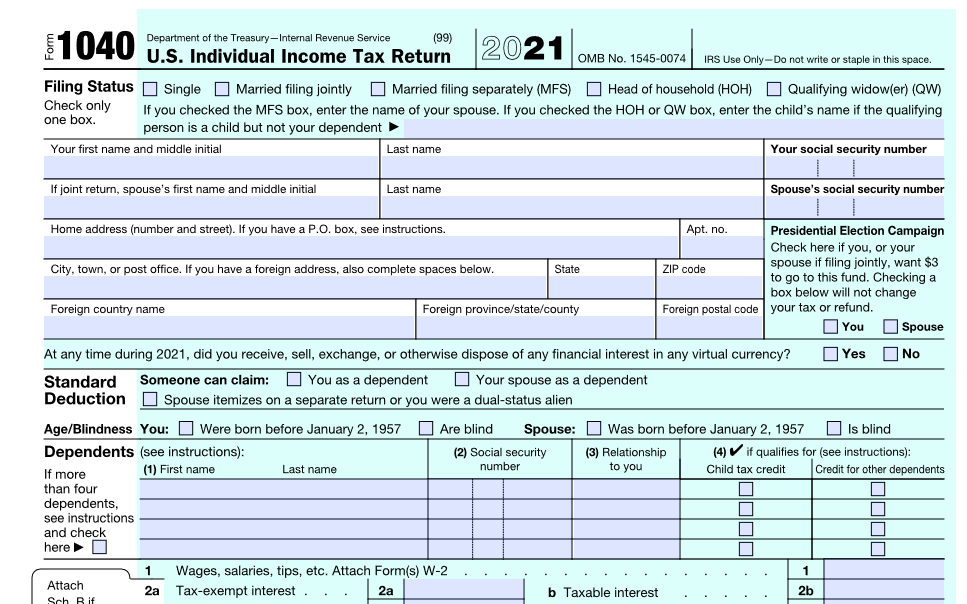By Richard Feldman.
As electronic commerce continues to grow and business practices evolve, states have struggled to ensure their taxing systems remain relevant and current. The historic Wayfair decision significantly shifted and expanded nexus laws across states for sales tax and has also impacted income tax.
State filing requirements are imposed on businesses that have nexus with a particular state, which is generally defined as the connection a business has with a state. Historically, nexus was determined based on physical presence, which was established if a business had either property or employees located within a particular state.
Although states have different criteria, in general, the presence of a single employee or the storage of inventory is considered a physical presence and sufficient for a state to assert nexus and require the filing of income tax returns and the collection of sales taxes. However, merely selling merchandise via the internet or by mail order that’s delivered through a third-party vendor located out of state would not have met the minimum connection standard.
Wayfair Decision
The 2018 Supreme Court Wayfair decision changed everything when it allowed the state of South Dakota to enforce a sales tax collection requirement on Wayfair Inc. despite it having no presence in the state. As a result of the Wayfair decision, states were given the authority to assert economic nexus, which could be based on a business having sales in a state without any physical presence.
Additionally, states established sales and transaction thresholds that, when exceeded, are considered economic nexus and require the business to register and collect sales tax. Today, virtually every state that has a sales tax imposes economic nexus thresholds for sales tax purposes. While thresholds vary by state, many use a threshold of $100,000 of sales or 200 transactions.
Economic Nexus for Income Taxes
Although Wayfair was strictly a sales tax case, states have also begun to assert economic nexus for income tax purposes. Unlike sales tax, currently only a handful of states have established thresholds for income and franchise tax purposes, including AL, CA, CO, CT, HI, MA, MI, NY, OH, PA, TN, TX, VA and WA. Other states are likely to follow.
PL 86-272
Historically, the determination of nexus for income tax was similar to sales tax and relied only on physical presence. However, for income tax purposes there is an exception that allows a slight physical presence – yet protects businesses from the assertion of nexus. Under a federal statute, The Interstate Income Act of 1959, known as Public Law 86-272 (PL 86-272), nexus doesn’t apply in certain situations.
Under PL 86-272, some types of businesses can have a minimal physical presence in a state and not be subject to the state’s income tax. To qualify for this protection, the business activity in the state must be limited to the solicitation of sales of tangible personal property. Thus, property and employees if maintained in the state cannot be involved in anything beyond sales solicitation. Inventory must remain at a bare minimum and be used for display and samples only. Additionally, all orders must be approved out of the state. Violating these fine lines and exceeding the minimal activity permitted would cause the business to lose the protection provided by PL 86-272 and allow the state to assert nexus and create a filing and tax obligation for the business. Since PL 86-272 only applies to income taxes, its protection is not applicable in states that have gross receipts taxes or certain franchise taxes.
In recent years, with the increase of e-commerce, the definition of solicitation and what it means for PL 86-272 has become an area of contention. Since the solicitation of sales is a protected activity, it must be determined what is considered solicitation in the context of e-commerce when the solicitation is done over the internet and not by a salesperson physically present in the state.
Updated Guidance
In 2021, the Multistate Tax Commission (MTC) issued guidance regarding which activities conducted over the internet were protected by PL 86-272. The guidance indicated that a static internet site only selling tangible personal property would not exceed the mere solicitation of sales when it was accessed in a state. However, virtually any other type of interaction with the customer via the website could potentially exceed the mere solicitation guidelines and thus lose the protection of PL 86-272 and subject the business to income taxation.
While the MTC guidance is not enforceable, states have begun to adopt it in various ways. In February 2022, California issued a memorandum dealing with protected and nonprotected activity conducted over the internet in relation to PL 86-272. In April, New York issued draft regulations on the same matter. The guidance provided by the MTC was closely mirrored by both states.
As the modern economy and the way businesses operate continues to evolve, states will need to update their rules and regulations. It’s imperative that businesses and their advisors stay current with ever-changing state compliance requirements and the burdens associated with them.
======
Richard Feldman is a Senior Tax Manager at Janover LLC, where he has specialized in tax planning, consulting and compliance for businesses, business owners, and high net worth individuals and families for 25 years. He is a frequent speaker and author on modern taxation topics with a special focus on state and local tax issues.
Thanks for reading CPA Practice Advisor!
Subscribe Already registered? Log In
Need more information? Read the FAQs
Tags: Income Taxes, Sales Tax




